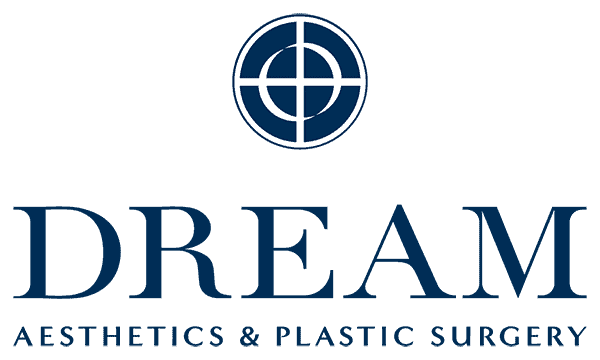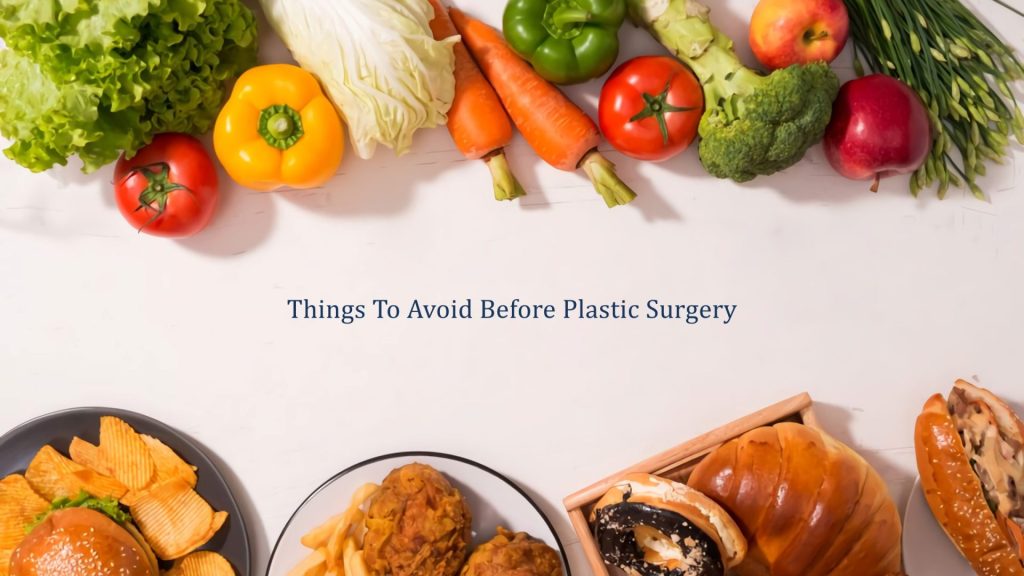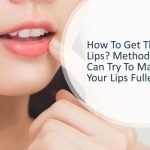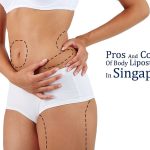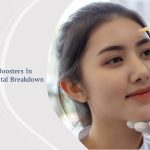Plastic surgery can be a great way to improve one’s looks, but the patients need to prepare well for it to achieve the desired results. It is a personal decision to undergo plastic surgery, and one should have realistic expectations from the procedure. What’s more important is to know how they need to prepare for it to get the results expected. Many patients who undergo plastic surgery in Singapore are concerned about their surgery preparations and the subsequent recovery process. To answer their concerns and queries, here we have some important plastic surgery tips – things to avoid before surgery, specifically –that will help ensure the surgery goes as planned and there are no complications along the way.
Foods To Eat And Avoid Before Plastic Surgery In Singapore
Starting 2 to 4 weeks prior to surgery, such as liposuction surgery the patients should begin working towards a healthy lifestyle. They should consume a healthy diet and maintain a healthy weight. Aggressive dieting prior to surgery is a ‘Big No’ while keeping one’s weight stable is very important to ensure proper healing.

The outcomes of a surgery are heavily reliant on sufficient immune defense and the body’s ability to heal wounds. And, they both are reliant on enhanced protein synthesis and body’s energy balance. When patients fail to meet these requirements, their body is under-prepared to heal quickly after surgery and it can lead to other complications as well like post-operative infection, impaired healing of the wounds, problems with cardiovascular and respiratory function, etc.
Read Also: Best Food to Eat After Going Through Plastic Surgery
Increasing protein intake builds the tissue and also provides strength to the body to deal with what’s coming ahead. With proper diet before and after surgery, the patients can ensure they get back to their normal life quicker and there is no need for readmission. It makes sure their overall quality of life is not affected much in the process or, at least, not for a prolonged period if it does.
Here are some dietary intake guidelines to help achieve these goals.
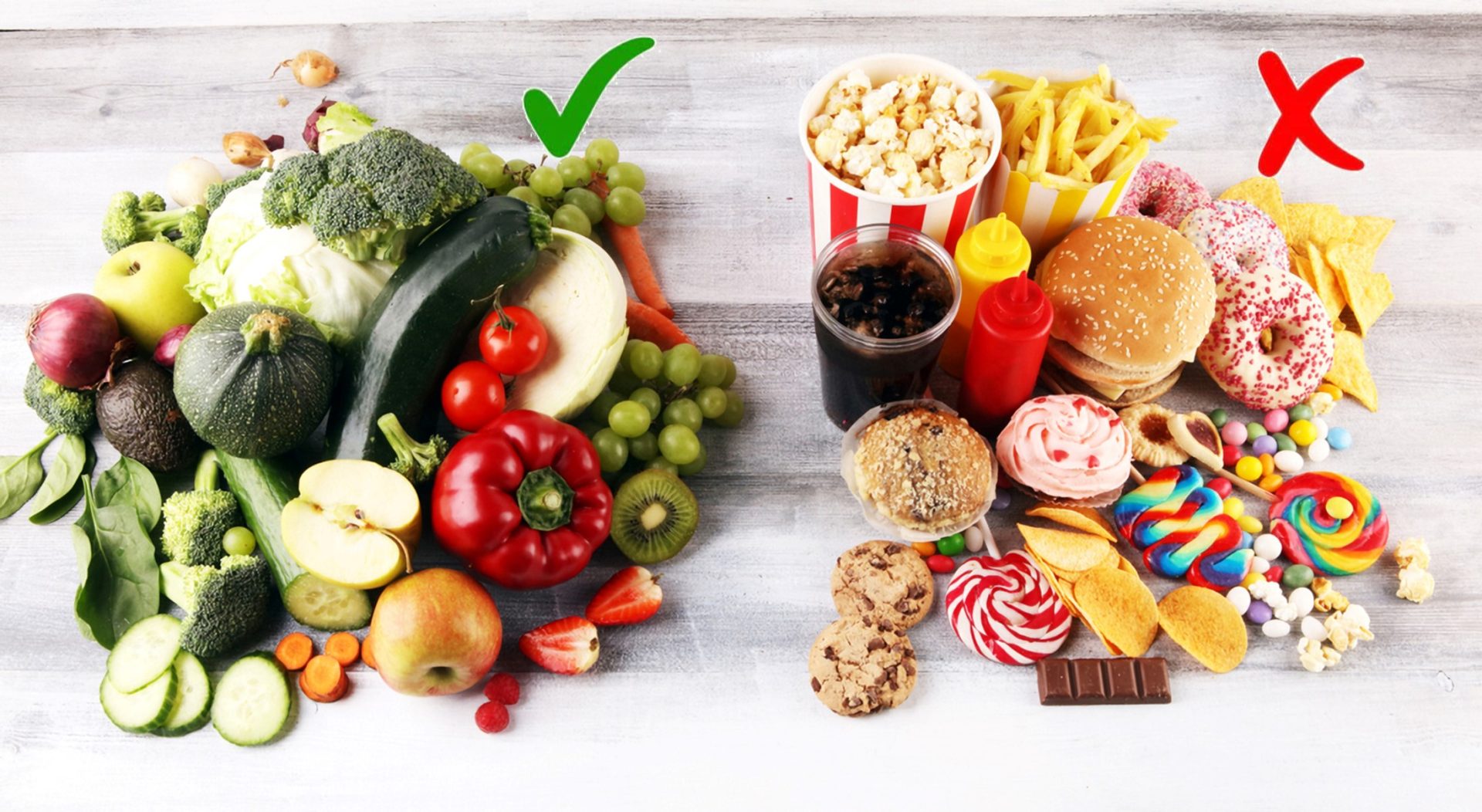
- Avoid refined and processed foods, like candy and chips.
- Increase the intake of vegetables and fruits, particularly the ones rich in antioxidants like dark leafy greens and berries. These nutritious vegetables and fruits are also a source of dietary fiber.
- Cut down the consumption of processed carbohydrates like bread, white rice, cereal, and pasta. These foods tend to increase inflammation while suppressing the immune system. Instead, consume whole grains, including quinoa, wheat, and brown rice, as they offer a good amount of dietary fiber.
- Avoid unhealthy fats like deeply fried food or margarine, sugar, high-fat dairy, and salt. Salt can be replaced with spices for adding flavor. Certain spices like ginger, garlic, cayenne, turmeric, curry, and onions carry anti-inflammatory properties and are helpful with recovery after surgery.
- A week before the plastic surgery is scheduled, stop consuming herbal and vitamin supplements, Omega-3 capsules, ginger, flax seed, green tea, eggplant, tomatoes, potatoes, and garlic because they can cause blood clotting issues. Patients should also eliminate artificial sweeteners and caffeine from their everyday dietary intake.
- Get ample amounts of lean protein but never go overboard with it. Some good sources of lean protein are chicken, beans, fish, and various other legumes. Protein plays an important part in building or maintaining muscle mass.
- It is advised to consume foods that are rich sources of omega-3 fatty acids, including fatty fish like wild-caught salmon, anchovies, mackerel, and sardine. Adding some nuts to the diet is also a good idea.
- Don’t overeat! Instead, consume smaller portions of well-balanced, nutritious meals more frequently all through the day to keep the blood sugar levels under control. It will also keep the metabolism going, while also satisfying one’s hunger before it goes out of control.
- Drink at least 64oz. of water every day. Our body contains 70% water and, therefore, it is important to drink lots of fluids to ensure efficient body function.
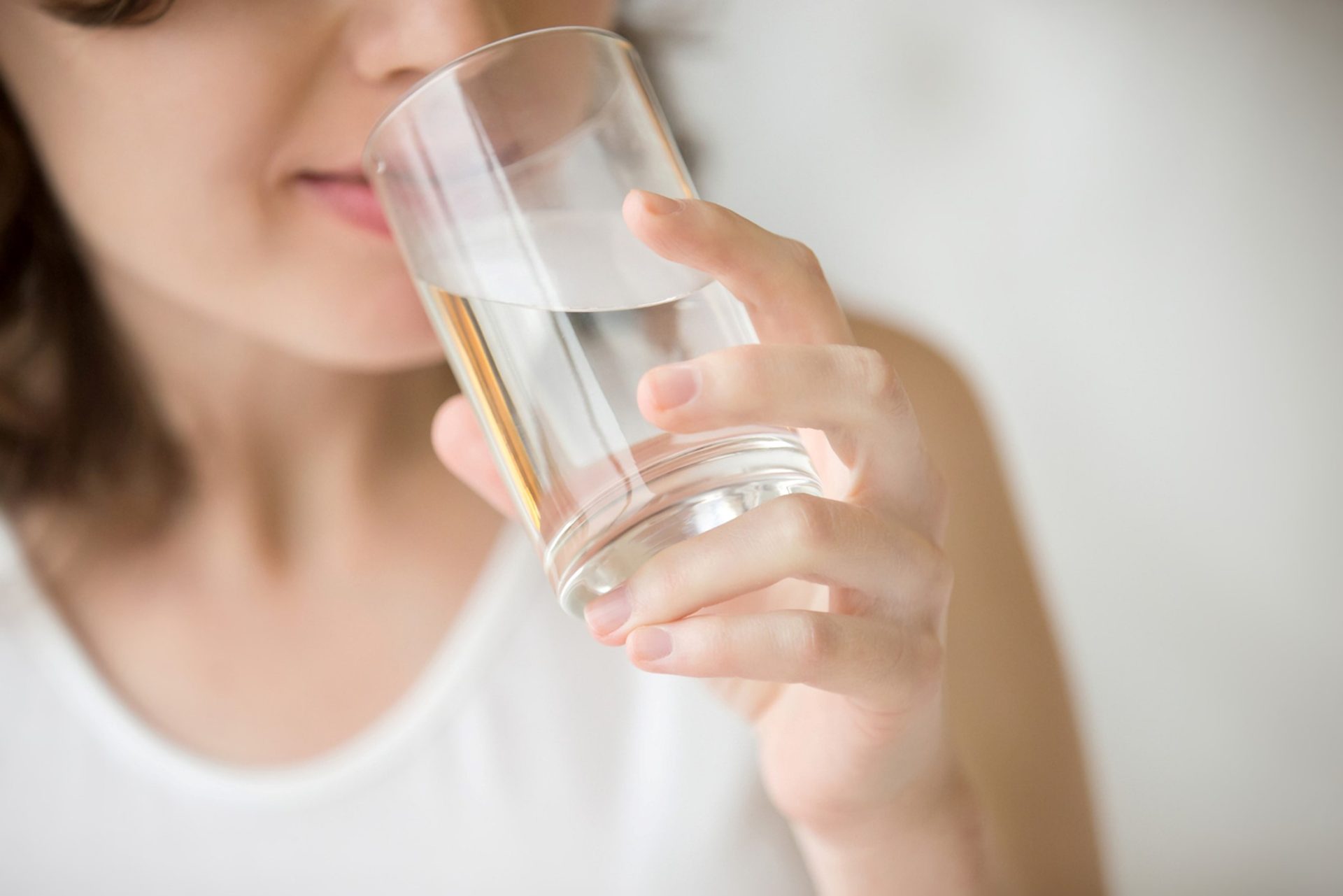
Regardless of the cosmetic surgery procedure one plans to pursue, they should consume a healthy diet in the weeks before the surgery as it has plenty of benefits. It will help achieve the desired results from the plastic surgery procedure carried out as well.
Avoid Drugs, Tobacco, and Alcohol Before Plastic Surgery
One of the most common plastic surgery tips is to avoid using drugs, tobacco, and alcohol before surgery as well as during the recovery phase. These lifestyle choices will inhibit healing and recovery and should be avoided. Let’s try to understand how they can impact your surgery and recovery.
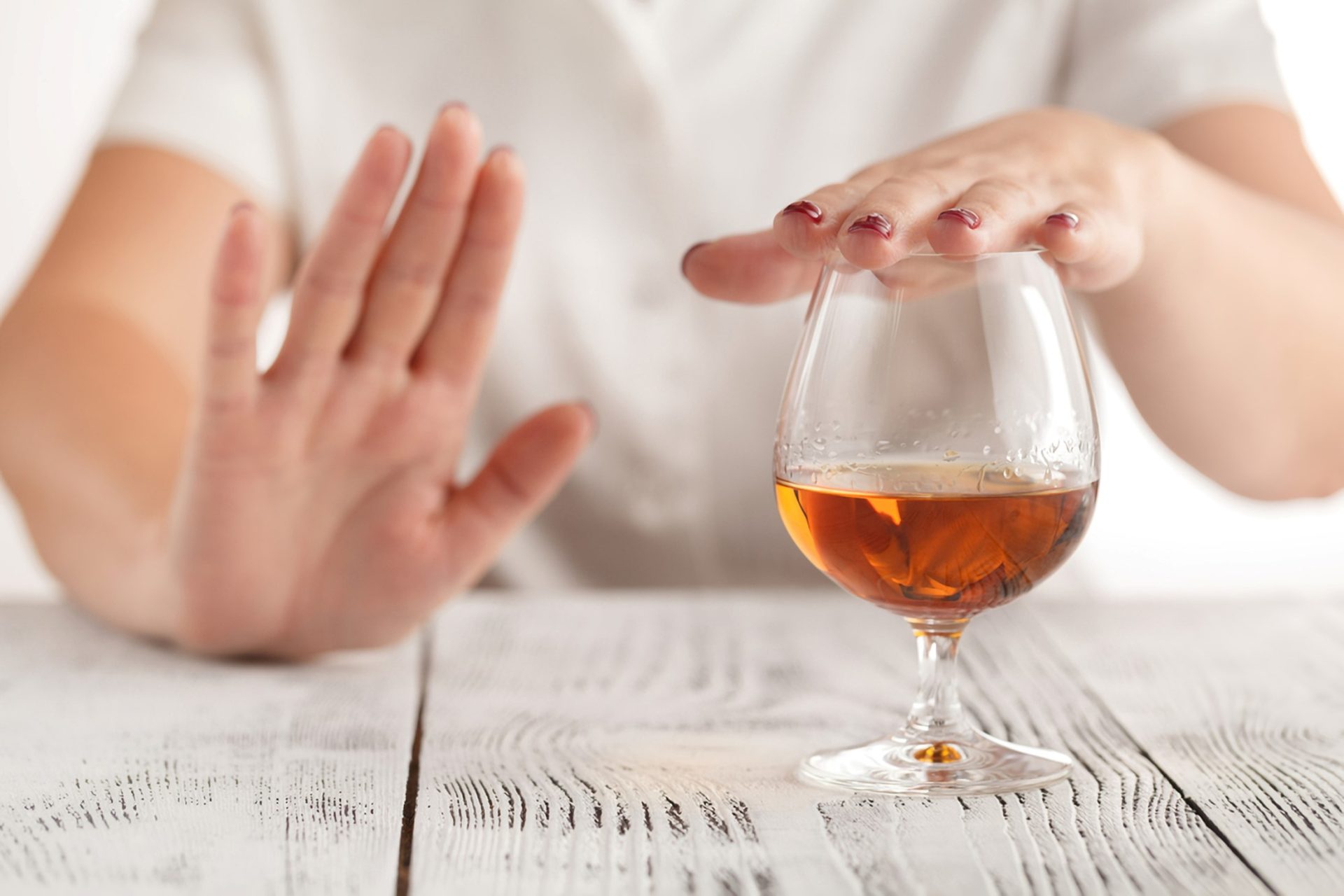
- Alcohol and Recreational Drugs
Alcohol and recreational drugs, for instance, tend to interact with anesthesia as well as post-operative medication in an unpredictable and potentially dangerous manner.
- Cigarettes
Cigarette smoking can reduce the delivery of oxygen to the skin and, hence, decreases circulation. It can be detrimental to the lungs and can make breathing harder for you after surgery. As nicotine can constrict the flow of blood, it can seriously affect your surgery and the ability of your body to heal.
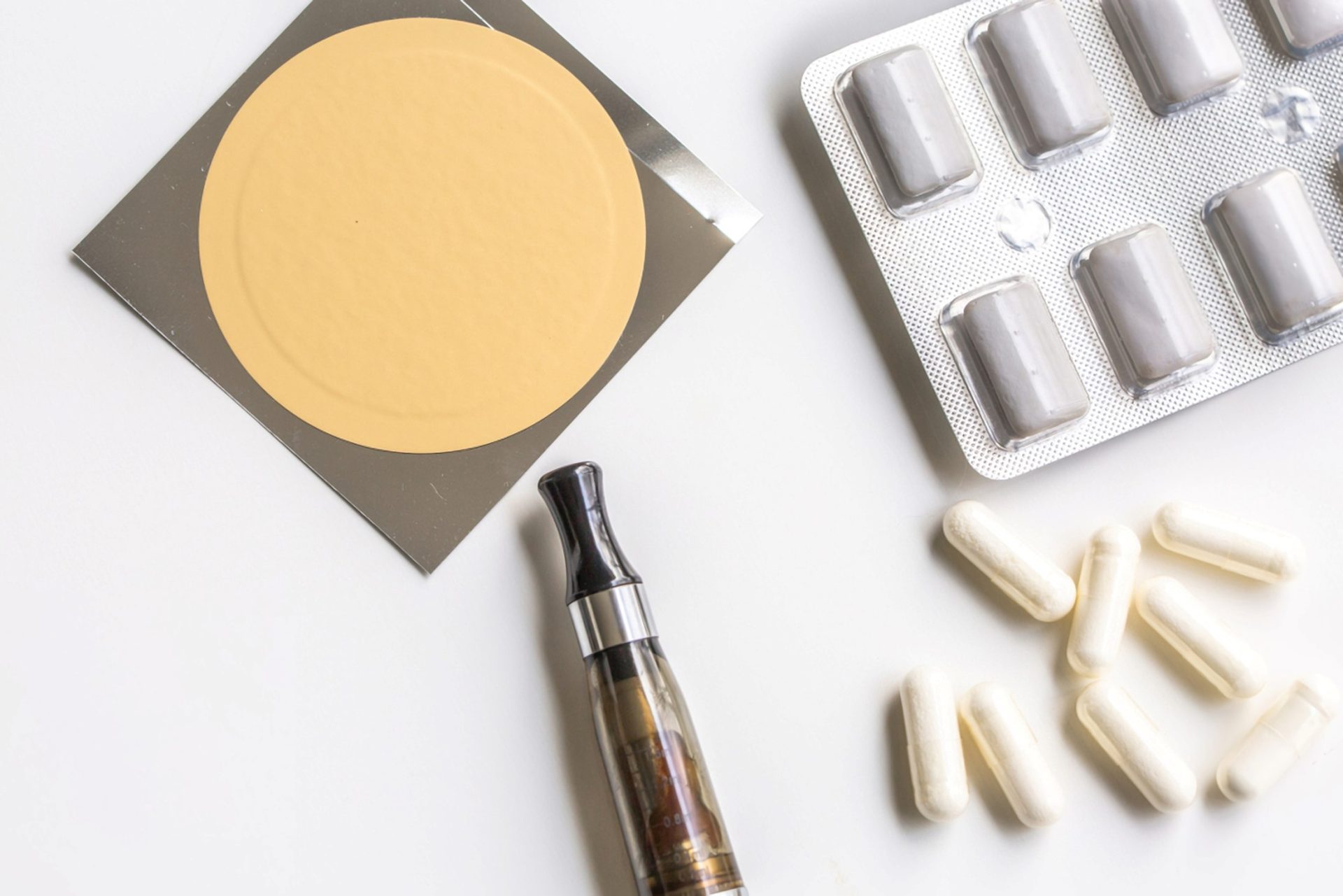
- Nicotine Gums Or Patch
Some of the most commonly used smoking cessation products like nicotine gum and nicotine patches can be equally dangerous. These products carry a certain amount of nicotine that can not only complicate surgery but also the recovery process. It is advised that patients must avoid consuming nicotine in every possible form, at least, a month before surgery and after the procedure.
Other Things To Avoid On Surgery Day
The use of common beauty products is also prohibited on the day of your plastic surgery. Avoiding applying our putting the following:
- Makeup
- Body Lotions
- Skincare Products
- False Eyelashes
- Deodorants
If the patient uses contact lenses, they should better remove them before going for surgery and should wear glasses instead.
Medications One Should Avoid Before Cosmetic Surgery
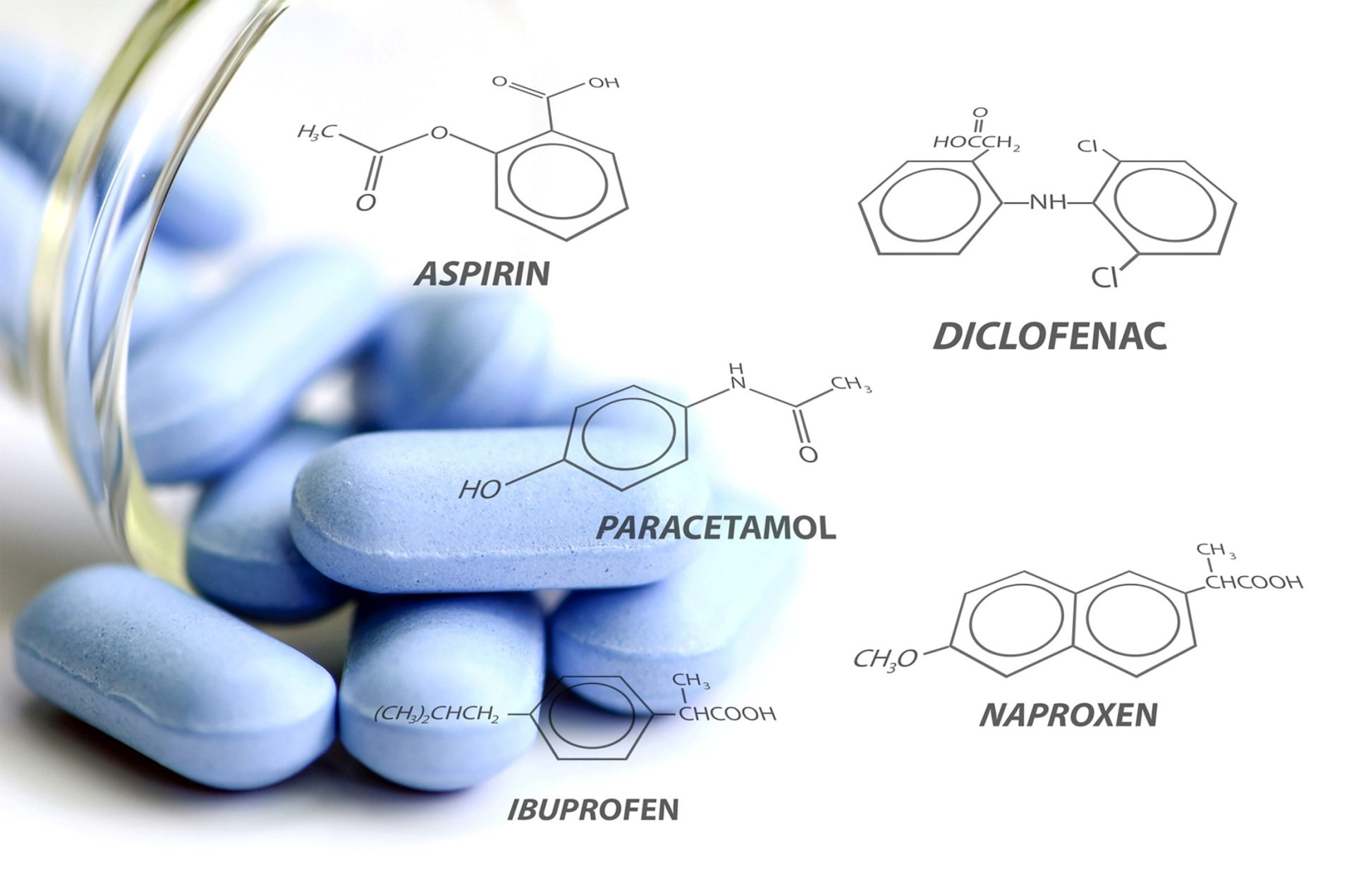
Patients should always discuss their medical history and any prevailing conditions with their doctor. Any medications they are taking before surgery should also be the knowledge of the doctor. A few weeks before the procedure, they must stop taking the medications mentioned below:
- Dietary medications like HCG or Phentermine (a couple of weeks before surgery)
- Birth control pills (patients with normal weight and no known medical conditions can continue to take birth control pills if their surgery is to be performed under general anesthesia and will last for one hour or less. The same goes for patients who will be undergoing surgery with local anesthesia.)
- Aspirin, Ibuprofen, and other non-steroidal anti-inflammatory medication that may cause bleeding (10 days prior to surgery)
- Hormone cream or hormone supplementation
- Blood thinners
Patients who regularly take medications for heart conditions, blood pressure, psychiatric conditions, and thyroid issues should consult with their plastic surgeon on making adjustments to their daily medication intake.
Supplements To Avoid Before Plastic Surgery
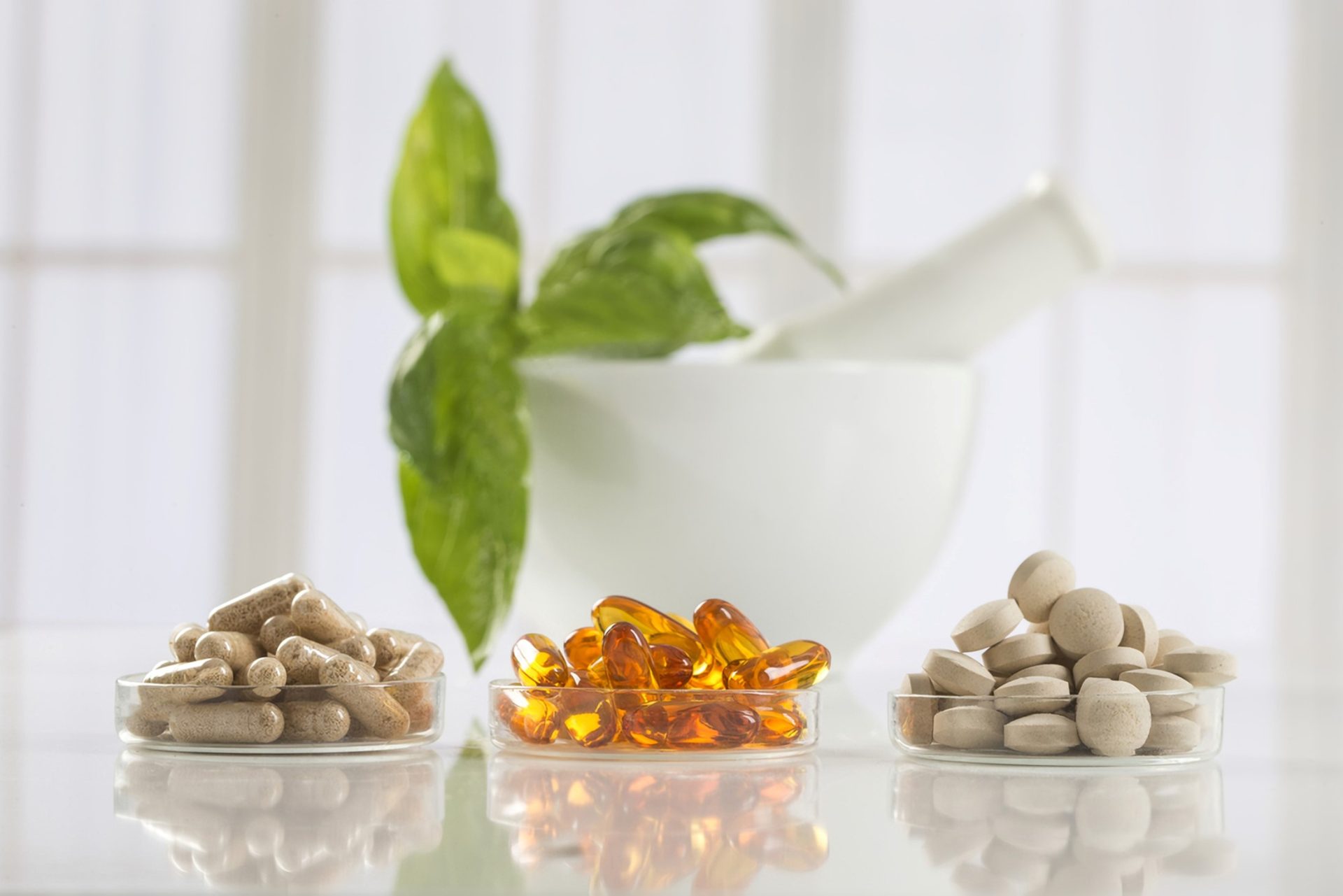
At least two to three weeks ahead of their surgery date, patients must stop consuming all herbal and nutritional supplements (herbals, minerals, vitamins, etc.). Generally, doctors share the complete list of supplements during the pre-operative appointment. The only exceptions here are iron, Vitamin D, and Calcium.
One should also not take Arnica pills and any medication, battery, product, or device that they see on TV, claiming to help with faster recovery and healing. Most of these advertised products don’t have any proven benefit for healing after plastic surgery and can actually cause more damage than doing any good.
Other commonly used supplements to avoid before surgery are:
- Vitamin E: It’s a blood thinner that can complicate surgery. It can impact wound healing negatively and can increase risks in the recovery phase. So, make sure that any multivitamins containing Vitamin E are avoided.
- Fish Oil Supplements: They carry Omega-3 fatty acids and generally have many health benefits to offer. Unfortunately, however, these supplements can also increase bruising and bleeding. Therefore, it is better to avoid them before plastic surgery.
- Herbal Supplements: Herbal supplements often bring about beneficial health benefits. However, they can increase bleeding risk during surgery, increase the effects of anesthesia, cause irregular heart rhythms during surgery, cause high blood pressure and other unwanted effects during the procedure.
So, it’s better to avoid them and minimize any chance of complications along the way.
Conclusion
It is important to adopt a healthy lifestyle before opting for plastic surgery in Singapore. One must enjoy good health and should avoid certain things from foods to supplements and drugs before surgery to curb the negative effects of each, both during and after surgery. The plastic surgery tips presented above should be of great help in this regard.
About Dream Aesthetics and Plastic Surgery
Bespoke surgical for cosmetic or medical reasons is what Dream covers to bring out the beauty in every individual. Going beyond the aesthetics and working on physical anomalies are what we value the most in leading our patients to cherish self-improvement and confident lifestyles.
Derived from Associate Professor Vincent Yeow’s long-standing experience performing plastic surgery in Singapore, our treatment plans deliver physical remodelling in our patients’ favour. One of the notable remodellings is droopy eyelid correction. The ptosis surgery used for treatment eventually fixes drooping eyelids, improves vision and enhances appearance.
Most importantly, as a trustworthy plastic surgery and aesthetic clinic, we treasure positive and natural outcomes for each individual. We will ensure to deliver the beauty refinement of your dream without compromising your safety and privacy.
